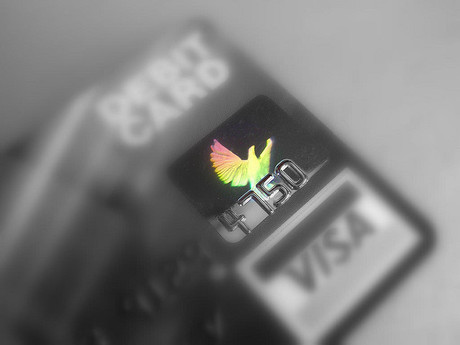Over 2bn smart payment cards shipped in 2015

Over 2 billion smart payment cards shipped globally during 2015, up 34% from the prior year, helped by soaring demand for contactless payment cards.
The latest annual review by the Smart Payment Association (SPA), the trade body representing the global smart payments industry, found that 2.06 billion payment chip cards shipped last year.
Demand for contactless payment cards continued to surge in geographies where the technology has already been adopted — particularly in APAC, where 74% of cards shipped in 2015 supported contactless technologies.
In 2015, 76% of all payment cards shipped also featured dynamic data authentication (DDA) technology, which is designed to provide protections against modification of data and card cloning.
Smart payment cards based on open operating systems also had a strong year, accounting for 70% of the total smart payment market — an increase of 58% from 2014.
SPA president Andreas Strobel commented that the findings demonstrate that EMV (Europay, MasterCard and Visa) — a technical standard for smart payment cards, terminals and ATMs — has become an established, global, secure and interoperable infrastructure.
“SPA reported the first billion smart payment card shipments in 2011 and it took the industry only four years to deliver the second billion,” he said.
“Consumer demand for faster and more convenient ways to pay proved the driving force behind a further steep growth in contactless shipments in Europe and Asia. With EMV adoption powering ahead in the US, issuers are in a unique position to make the jump directly from ‘swipe and sign’ to ‘tap and go’ to everyone’s benefit — customers, merchants and them as well.”
Four ways AI can finally make threat intelligence useful and not just noisy
Done poorly, threat intelligence is noise. But done well, it becomes one of the most powerful...
Australia’s top tech priorities for 2026
It is anticipated that AI will evolve from a pilot project to a productive standard, underpinned...
Why AI's longevity lies in utility, not novelty
The real potential of AI is in underpinning the invisible systems powering everyday business.



